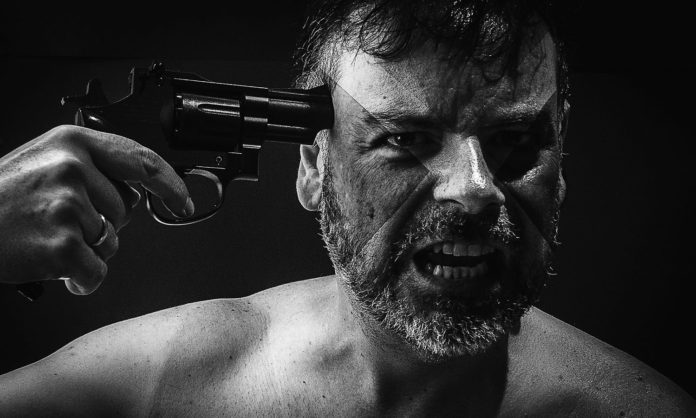Most novels chart the journey of a protagonist towards a worthy goal and culminate in their success, usually after experiencing great difficulty or tragedy. But what if your character self-sabotages? What about characters who believe themselves unworthy of success? What if…they want to fail?
In a post for Writers Unboxed, David Corbett examines characters who don’t have what it takes. Maybe your protagonist is a crook who wants to get caught. A cheater who wants their spouse to find out. A scientist who believes their work will be abused to the detriment of humanity. Or maybe your protagonist is an everyday person who is convinced their life isn’t worth living.
These stories aren’t easy for the writer or reader, because they take us to some dark places, Corbett says. The worst characters might have to pay a price for their choices. Often, they are very clear about the immorality of their actions, even as they engage in them.
Some examples include Raskolnikov in Dostoyevsky’s Crime and Punishment, the “Whisky Priest” protagonist of Graham Greene’s The Power and the Glory, and Frank Friedmaier in George Simenon’s Dirty Snow.
These kinds of characters lend themselves to crime or recovery stories, but are adaptable to other genres and themes. The protagonist in Good Morning, Midnight, by Jean Rhys, longs for inner peace, but continuously undermines herself because she believes she doesn’t deserve it. Her “recovery” is her eventually death from alcoholism. In Craig Davidson’s The Fighter, two young men fail to meet their families’ expectations, but triumph in creating authentic lives, even as they continue down self-destructive paths. The physical punishment they endure leads to clean break from the lives that threatened to bury their true natures.












